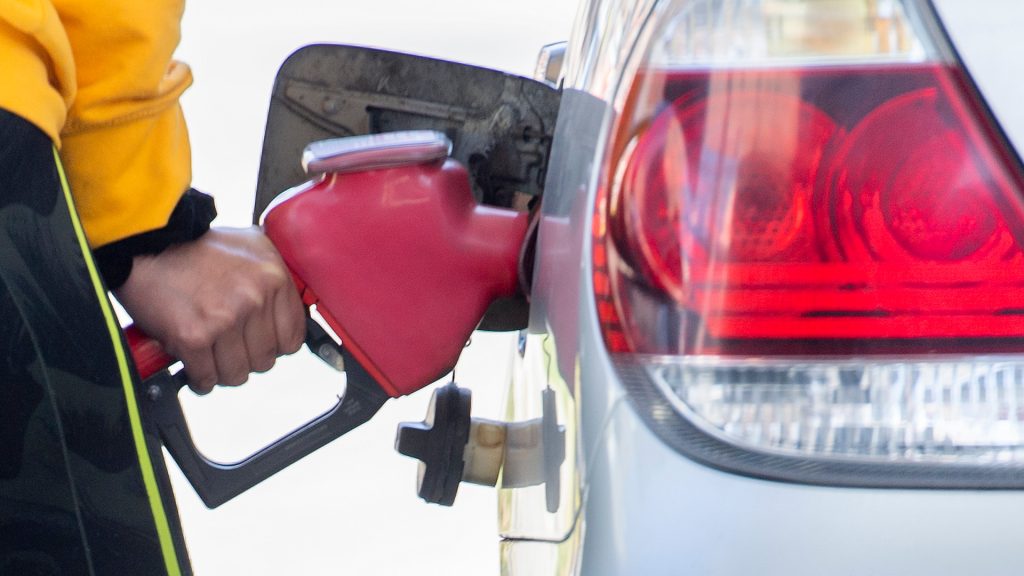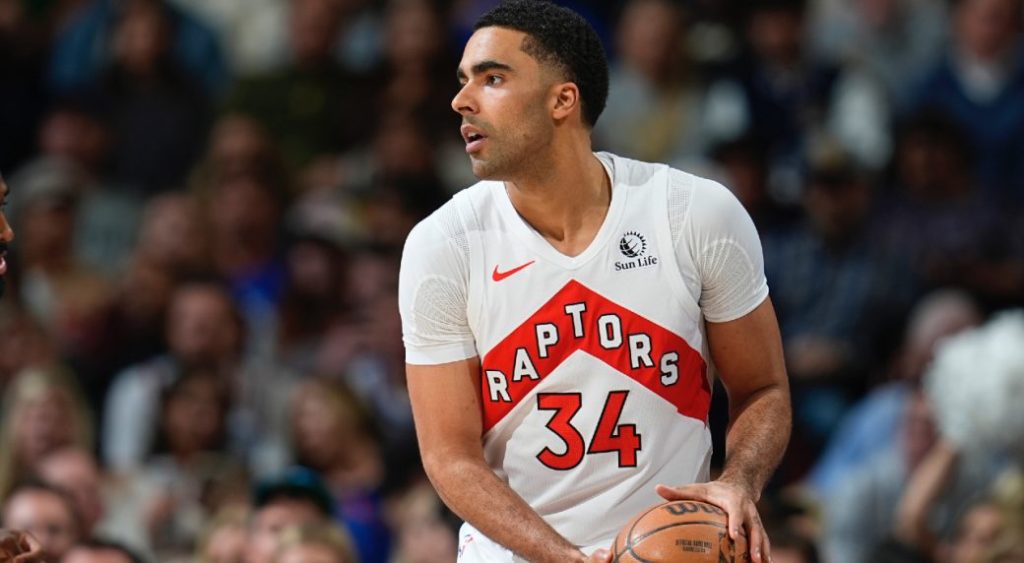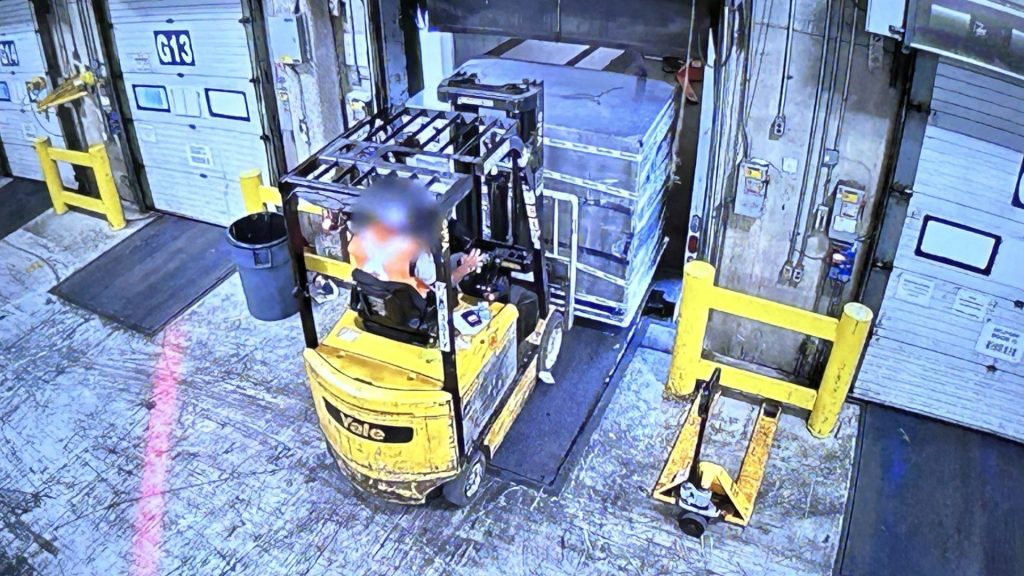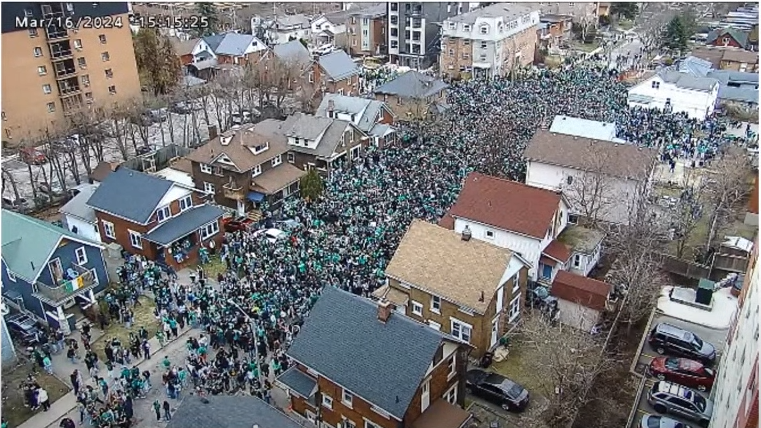Jailed Zimbabwean journalist is denied rights, say lawyers
Posted Aug 11, 2020 06:34:04 AM.
Last Updated Aug 11, 2020 06:46:19 AM.
HARARE, Zimbabwe — Lawyers for a jailed Zimbabwean journalist have asked a court to force prison authorities to stop the “blatant and malicious stripping away” of his rights, including lack of access to appropriate food and warm clothing.
The efforts to improve jail conditions for Hopewell Chin’ono come as South African envoys are in Zimbabwe to investigate reports of widespread arrests and human rights abuses.
Chin’ono has been in prison for about three weeks after being accused of mobilizing anti-government protests. He has been denied bail twice. Opposition politician Jacod Ngarivhume was also arrested at the same time for allegedly organizing the anti-government demonstrations, which were foiled by police and military on July 31.
The two have been moved to Chikurubi Maximum Prison, a jail for dangerous criminals known for its harsh conditions, the lawyers said. Some government critics denied bail by the courts are also jailed at Chikurubi.
In their court application, the lawyers said prison authorities have failed to provide Chin’ono and Ngarivhume with sweaters despite the cold weather. Authorities are denying the two access to a balanced diet, which they need because they are on medication, the lawyers said. Zimbabwe’s jails are known for acute food shortages, said the lawyers.
Prison authorities have also insisted on listening to private conversations between the two and their lawyers, according to the court papers filed by Zimbabwe Lawyers for Human Rights, which is representing the two.
A spokeswoman for the prison service did not respond to questions from AP but she told state media that the two are “being treated just as any other inmates.”
More than 100 other government critics have been arrested in recent months, according to human rights groups.
Tensions are rising in the once-prosperous southern African country that is experiencing its worst economic crisis in over a decade, and President Emmerson Mnangagwa’s government is accused of corruption and human rights abuses.
Although the protests failed to take off after the military and police deployed heavily in the capital, Harare, and other cities, a subsequent online campaign using the hashtag #zimbabweanlivesmatter brought global attention to the political and economic crisis in Zimbabwe.
U.N. Secretary-General Antonio Guterres last week urged Mnangagwa’s government “to ensure the protection of all fundamental human rights.”
Cyril Ramaphosa, president of neighbouring South Africa and chairman of the African Union, dispatched “special envoys” to Zimbabwe who said they were “listening to the state of the situation” after meeting Mnangagwa on Monday. It is unclear if they will meet the opposition Tuesday.
The chairman of the African Union Commission Moussa Faki Mahamat said he is “concerned about reports of disproportionate use of force by security forces in enforcing COVID-19 emergency measures,” in signs of the international community’s growing frustration with Mnangagwa’s administration.
Mnangagwa has blamed Zimbabwe’s crisis on United States sanctions, drought, COVID-19 and the MDC Alliance opposition party, which he said is a “terrorist” organization.
Farai Mutsaka, The Associated Press










